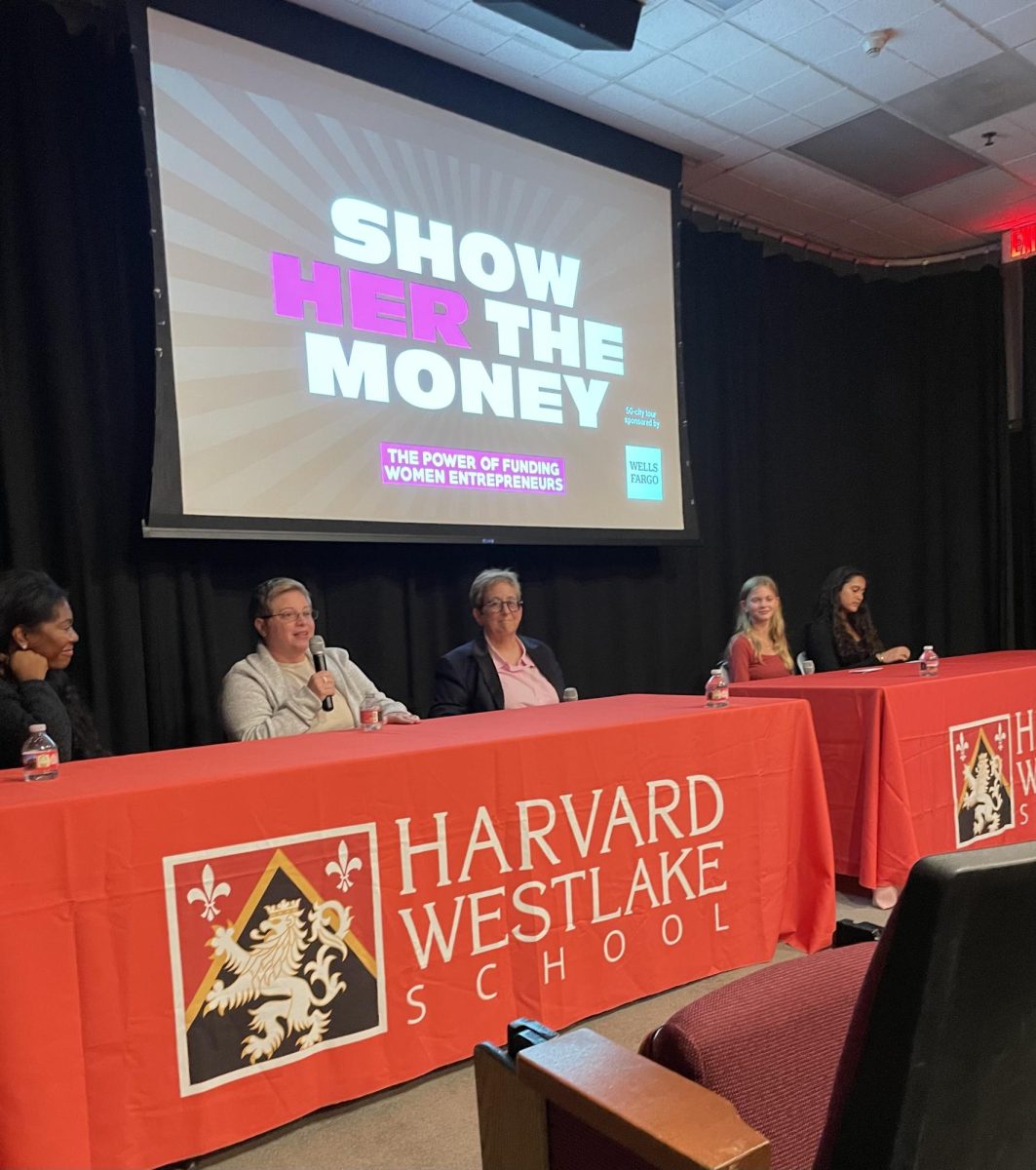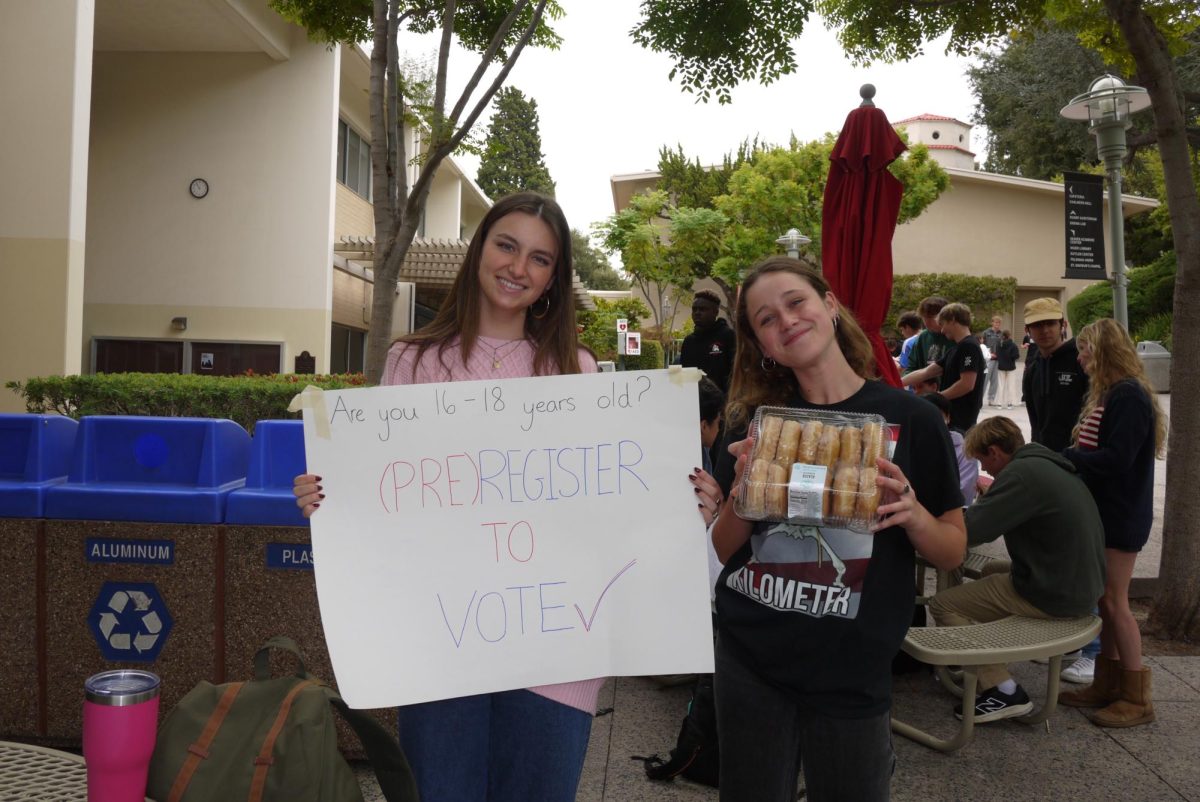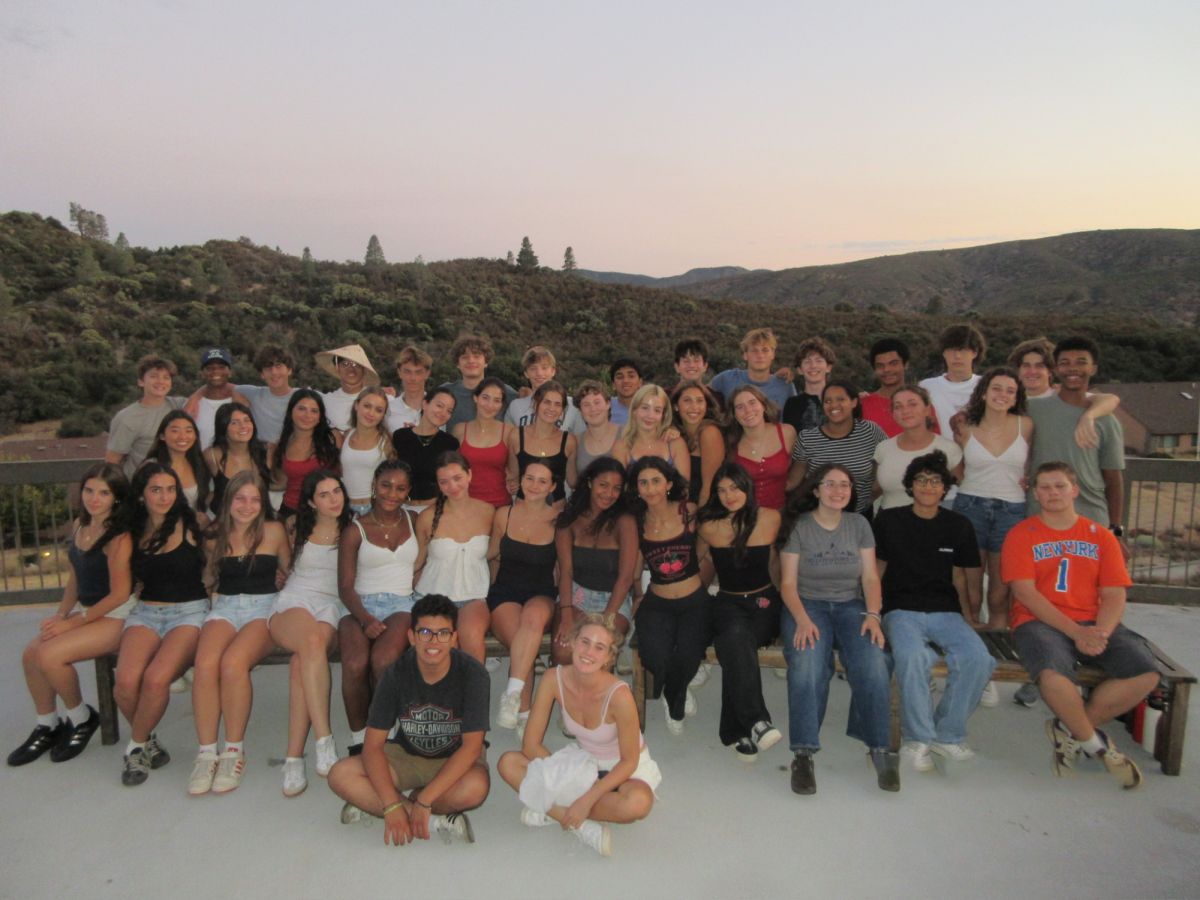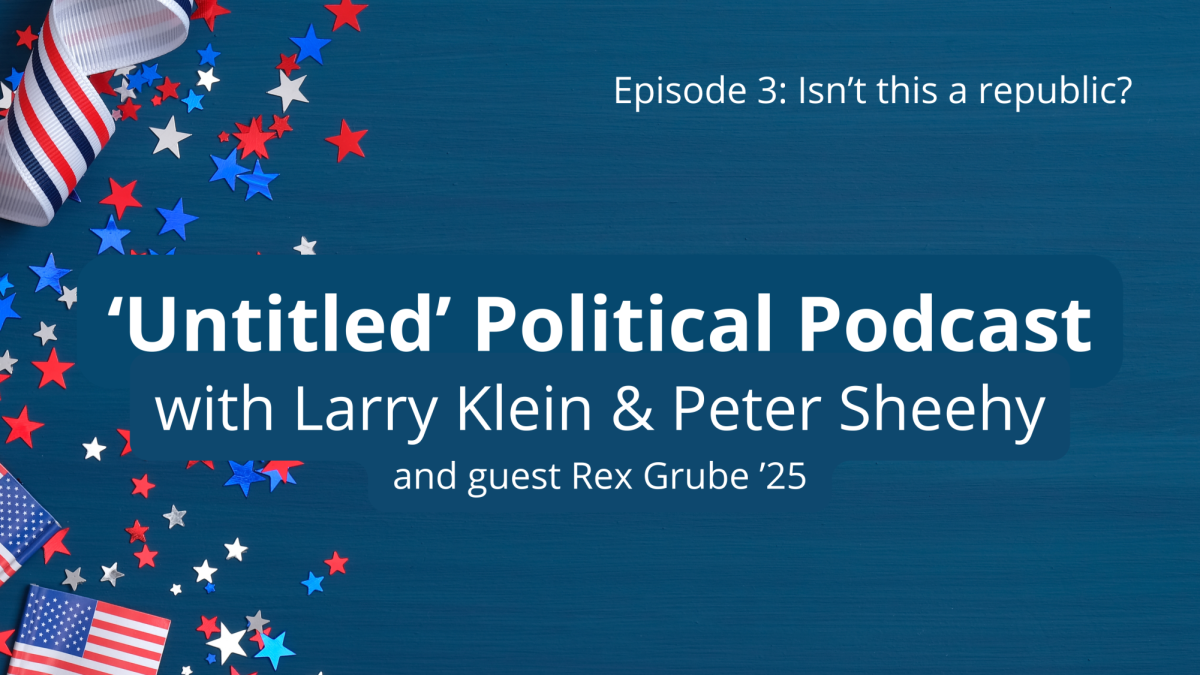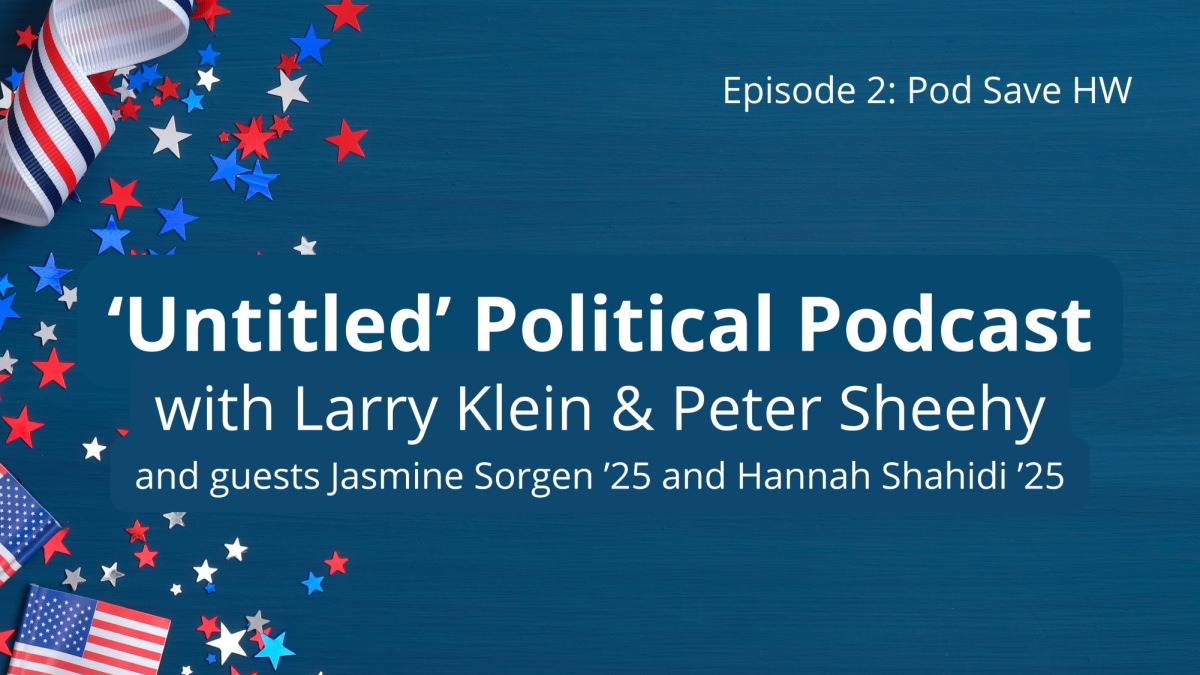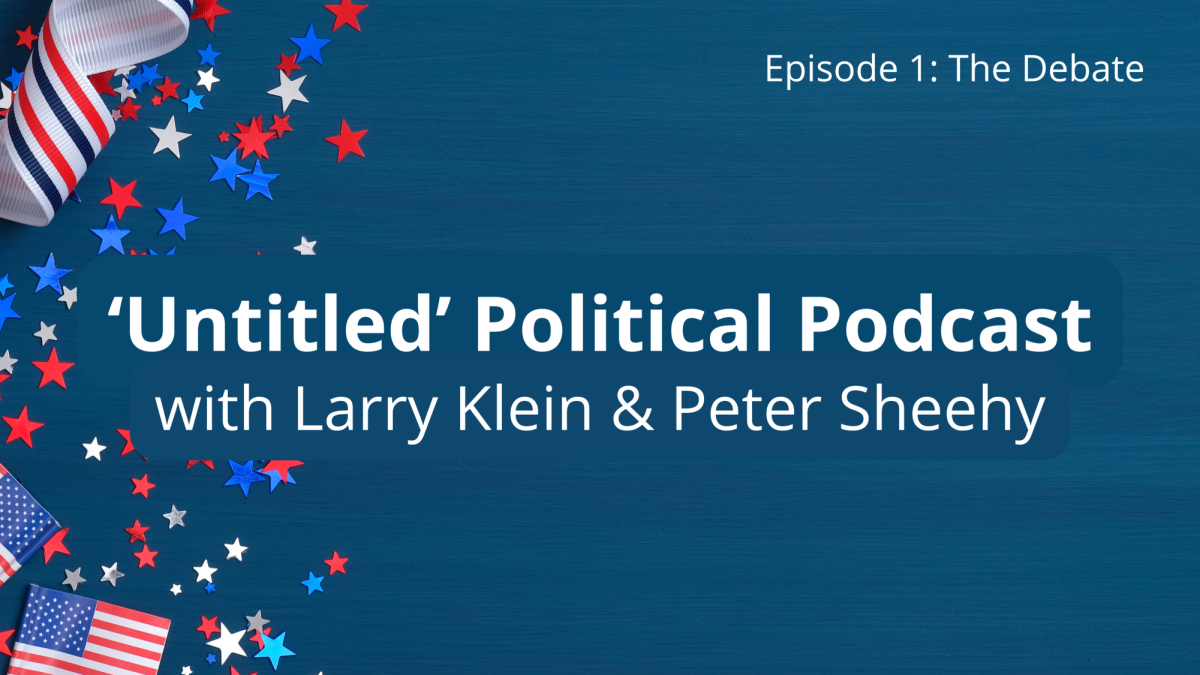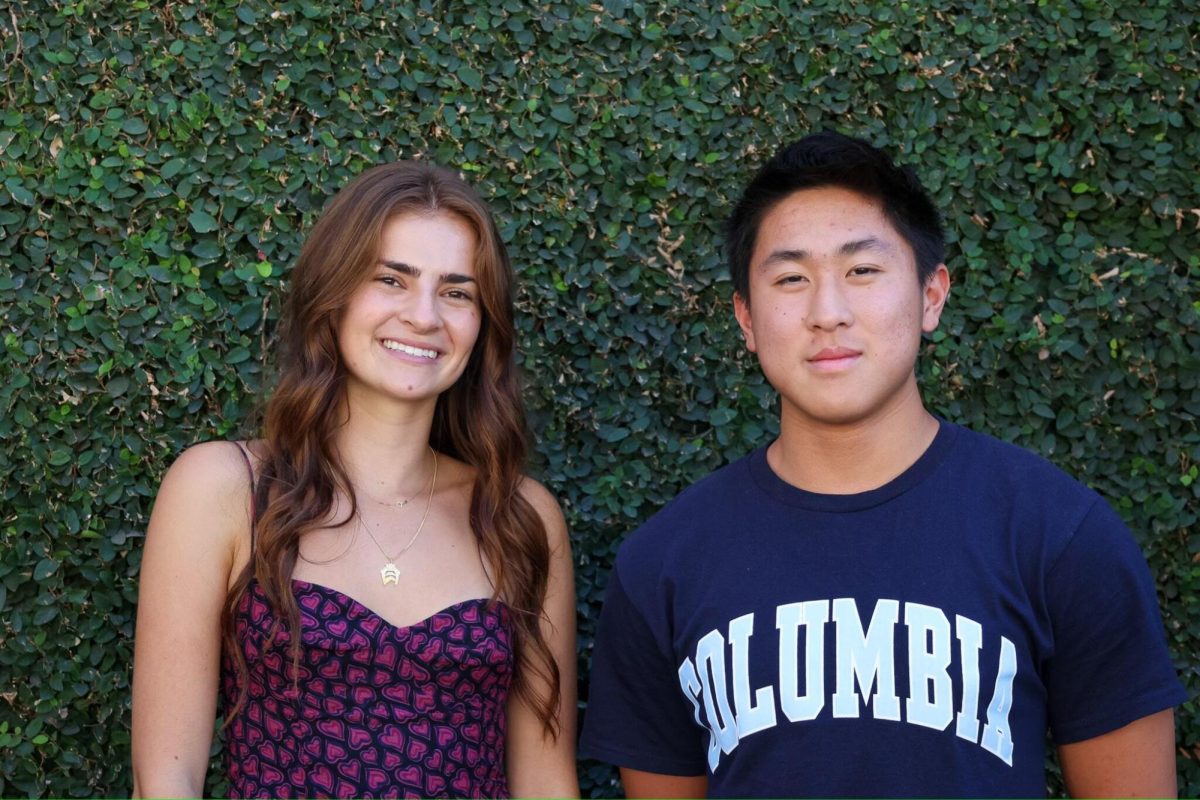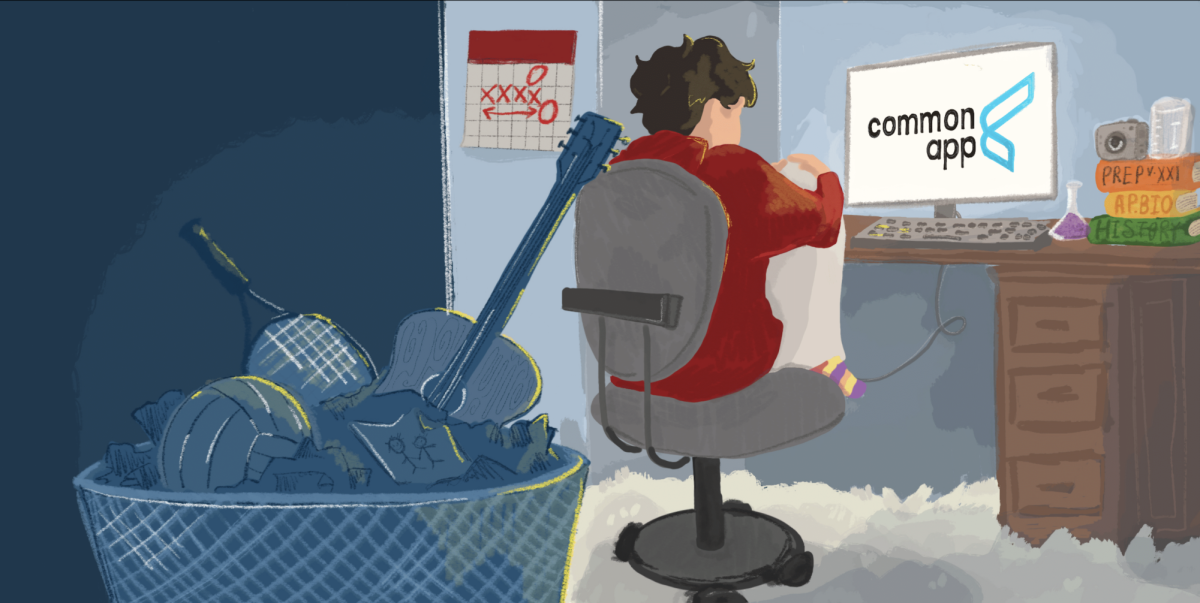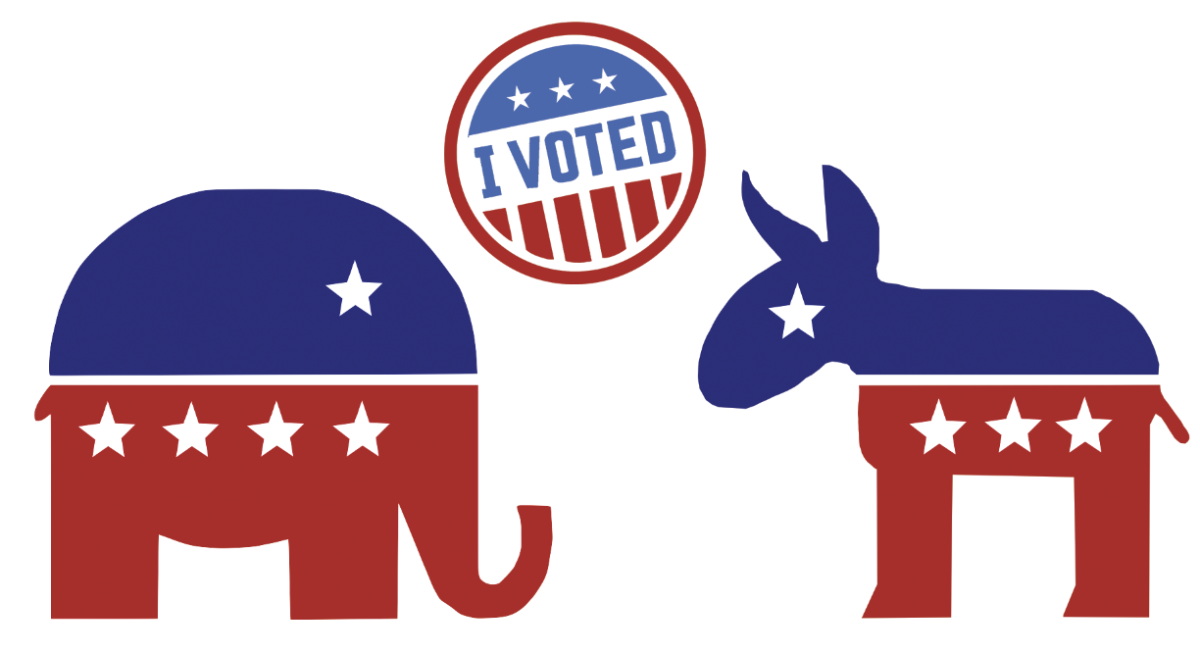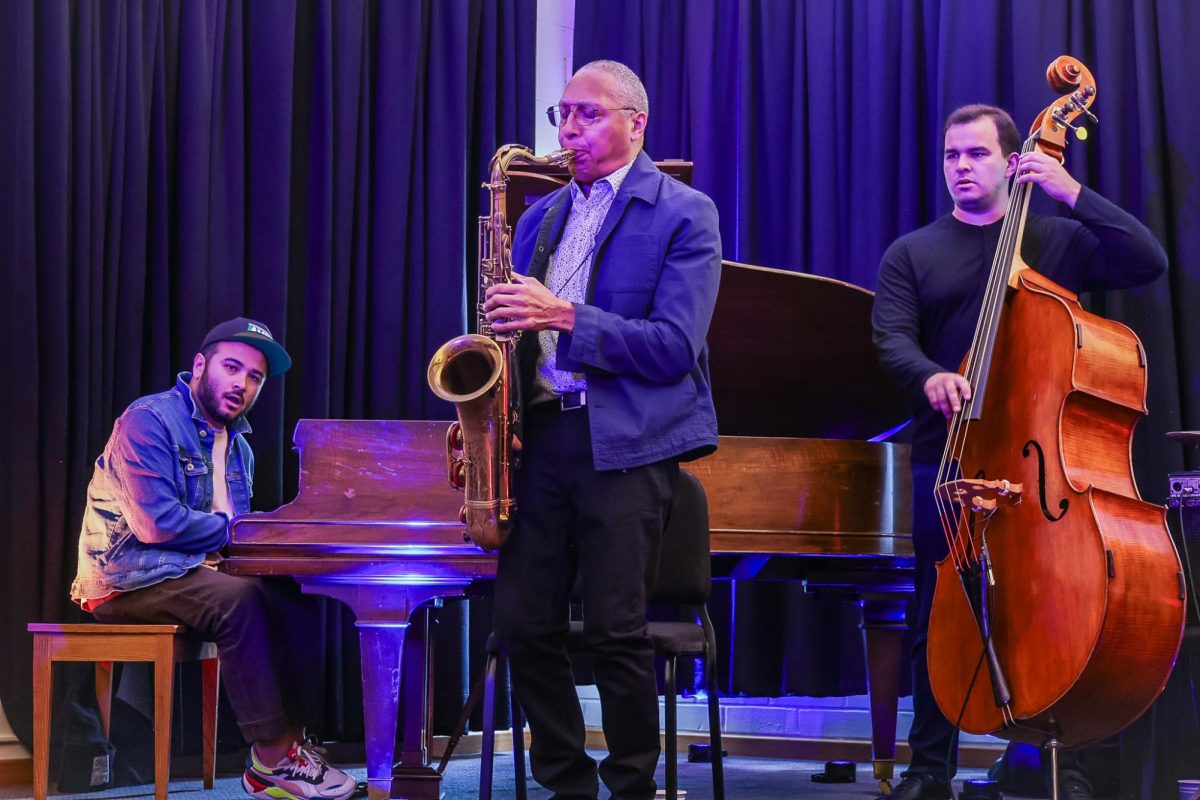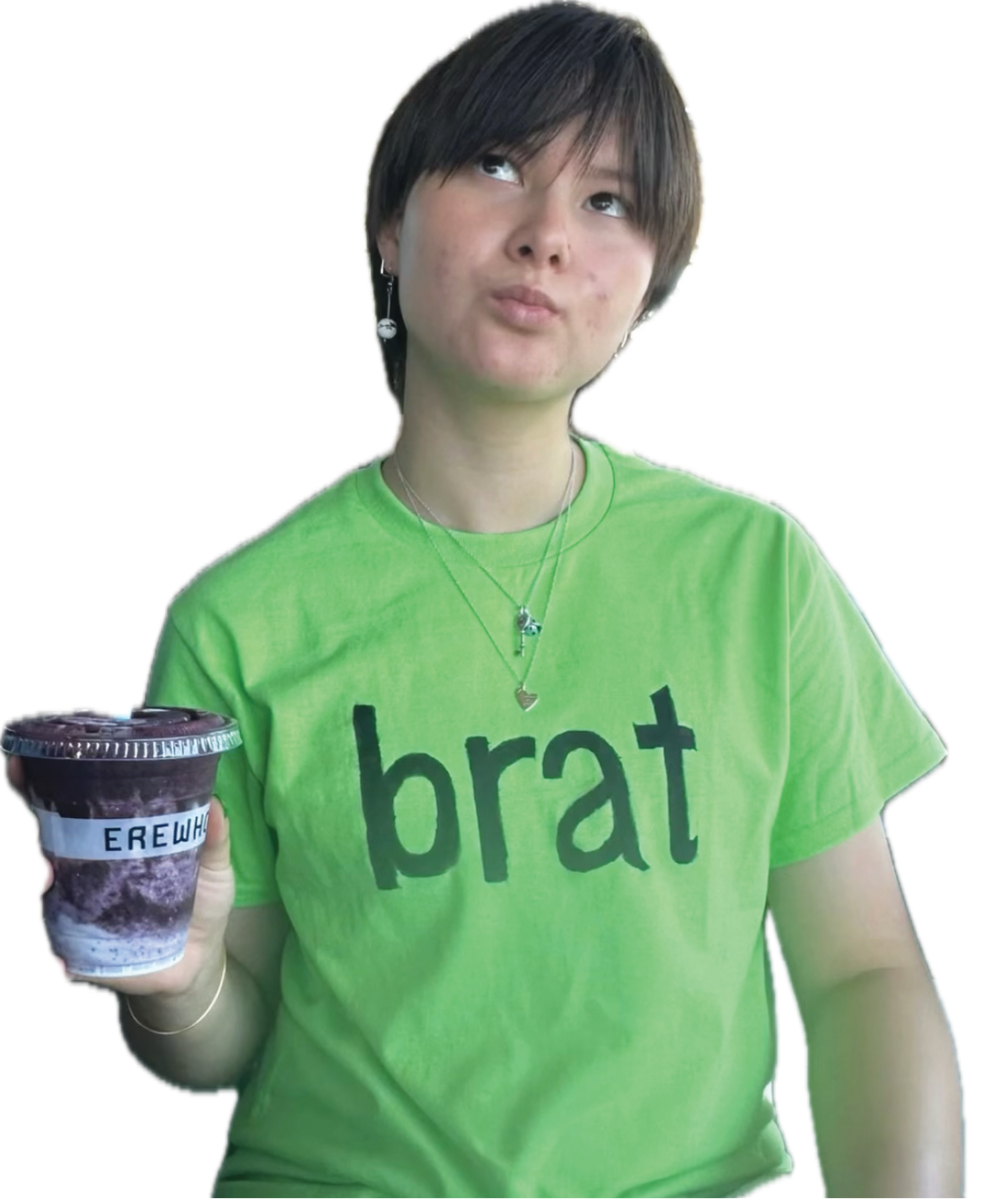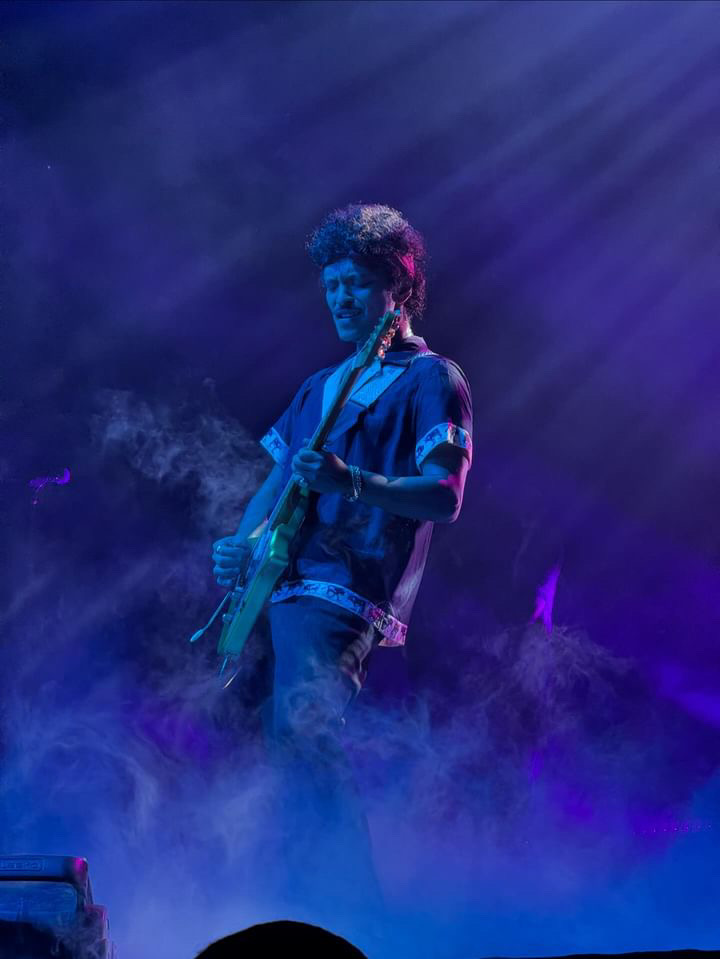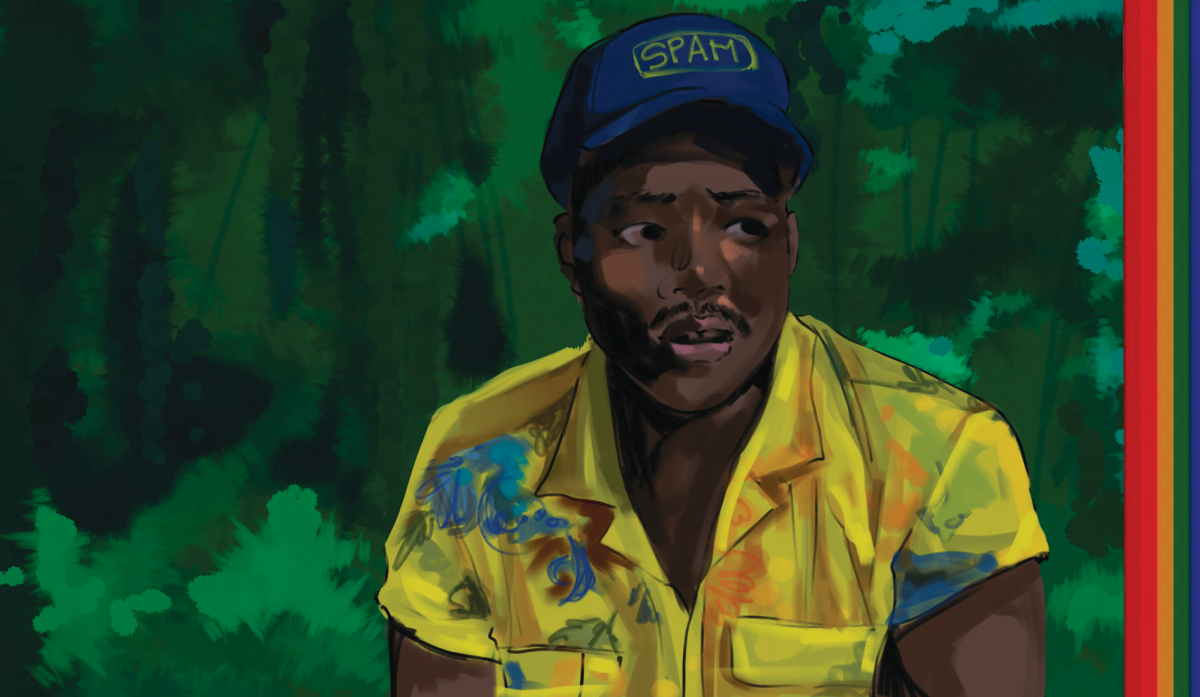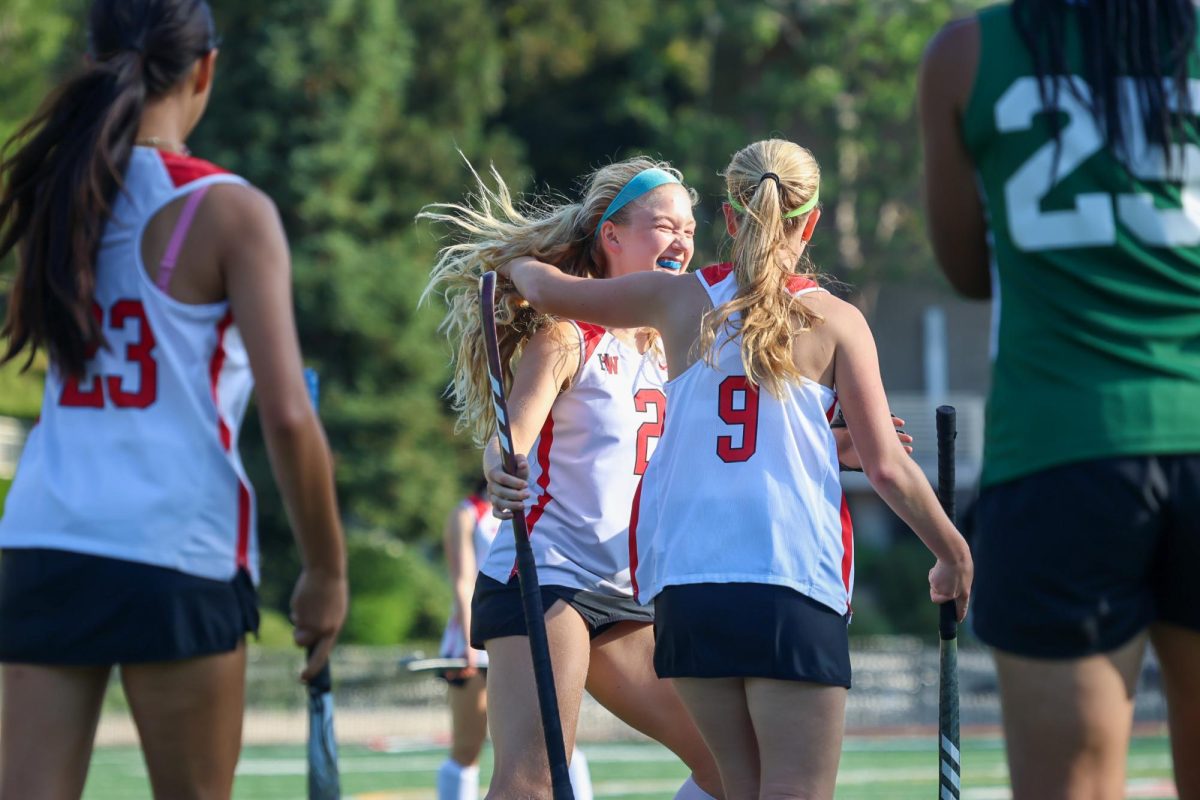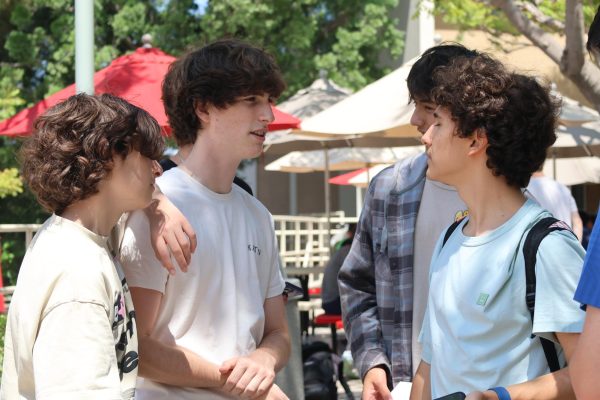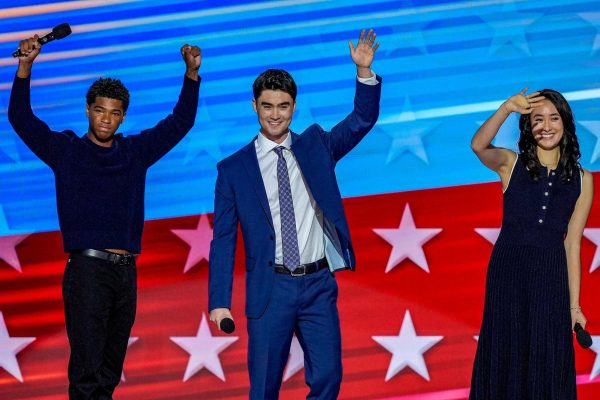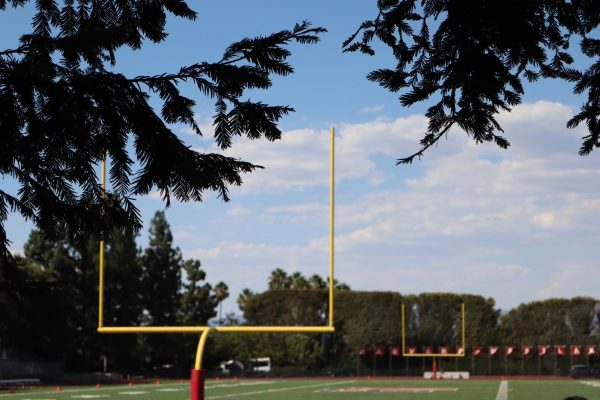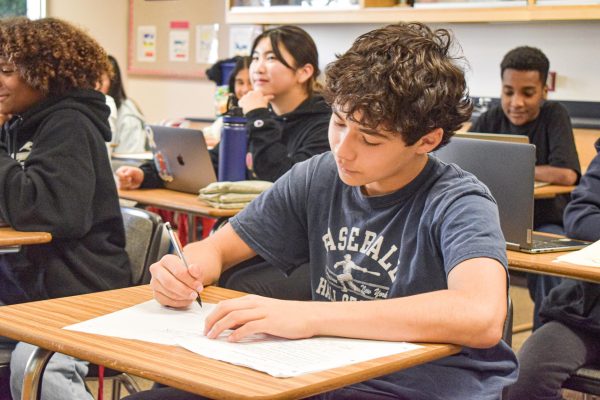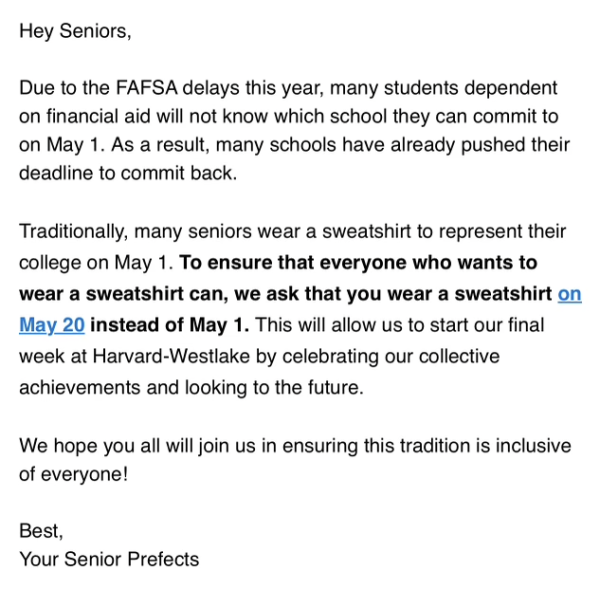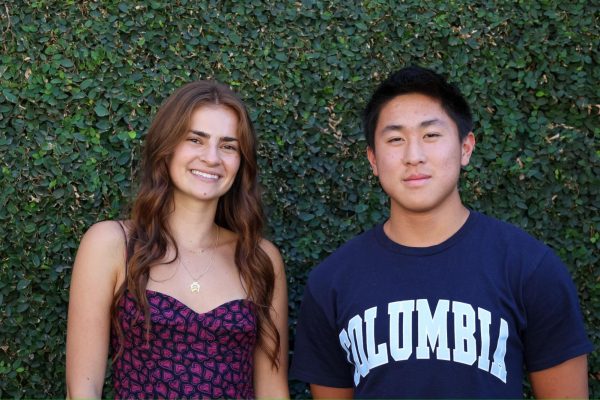The Dangers of Anonymity
In October of 2020, The Chronicle published an article about the Instagram account @wokeathw, a platform dedicated to “documenting the self-destruction of an elite private school.” The article was harshly criticized by the account, which described the publication’s writing as lacking “neutrality, balance and factual accuracy.” These contentions were raised in its Instagram post without any evidence, and though they privately messaged our staff about two specific corrections (the issues they had were clarified in an updated piece), the publication still saw no evidence behind the rest of these claims. @wokeathw also criticized the writers for not using many of their quotes, which was strictly a matter of word count, as we provided them with the same number of quotes as we did for the school administration.
This editorial is not “anti-@wokeathw.”
We are not writing this piece to degrade the account. In fact, @wokeathw serves an important conceptual purpose; a way to air criticisms and grievances is needed at every institution, especially one with a mission so important as to educate adolescents.
While the account proclaims itself an outlet for students to freely speak their minds, @wokeathw does anything but this. Instead of using their Instagram posts to spark conversations, the account attempts to find faults in the administration’s actions or simply shames the institution for its efforts to be more inclusive. Some of their posts are factually inaccurate, or, at the very least, dangerously misleading in their wording, syntax and sometimes lack of context. The account is entirely anonymous, going so far as to not follow back any of their over 1,000 followers. They do not show the same care for the community as they do for remaining anonymous—the account posts captions overtly insulting faculty and students, sometimes without censoring names, and other times even mentions their targets in their posts. It is clear that fostering political acceptance and open discussion is not the account’s priority—they only widen the gap further, preventing members of the school from engaging in conversation.
Some people have attempted to draw connections between @wokeathw and @blackathw, an account created prior to the former that highlights various incidents of racism experienced by students of color within the school community. However, the two accounts share far more differences than similarities. @blackathw’s Instagram feed solely posts the stories of anonymous students submitted through Google Forms, turning on the commenting feature for the entirety of social media to express their feelings, concerns and sentiments. Even further, the founders of the account themselves—while remaining anonymous publicly—actively communicated with both the administration and The Chronicle without complaint.
Because their goal was to truly create a safe space for students to share their traumatic experiences at the school, the founders of @blackathw were openly willing to address their feelings with the administration and actively collaborate to find solutions for ways anti-racist work could be better executed. And due to this candid back-and-forth, the administration itself has become more aware of the fact that their work is far from complete; making sure everyone’s voices are heard is a continuous mission. @wokeathw has chosen the other route by asserting that the administration simply won’t listen to them thanks to an alleged school-wide silencing of conservative beliefs.
Staying nameless, continuing to prevent students from responding to their posts, cold-shaming specific members of the school community and neglecting to communicate with the administration are only hurting the account’s chances of enacting any of the changes they demand. If they continue to feign ignorance of their misconduct, the “self-destruction of an elite private school” will in turn result in the self-destruction of their own integrity. The only solution is for the account’s founders to reveal themselves and agree to the open dialogue that has been offered to them. They claim to want it, and it is time for them to take it.

